Keywords: Christmas Story
There are more than 200 results, only the first 200 are displayed here.
-

RELIGION
- Frank Brennan
- 17 May 2017
As the Church of 2030, we need to be more attentive to the contemplation of believers and our experience of spiritual realities, as well as the preaching of the church. Pope Francis has no time whatever for the notion of the Church as a perfect society. But, there is no way that Francis wants to abandon the ideals and the commitment to truth and justice so well exemplified by his predecessors John Paul II and Benedict.
READ MORE
-
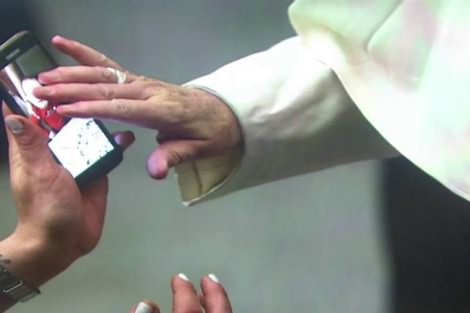
AUSTRALIA
- Michael McVeigh
- 20 January 2017
7 Comments
Many have called for the automated Centrelink debt collection system to be scrapped, but the government is standing by it. One of the reasons for this may be that the system is doing just what it's designed to do - trying to force people away from welfare reliance by making it more onerous. Pope Francis argues that far from a 'neutral' tool, technology creates a framework which conditions people and limits their possible options along lines dictated by the most economically and politically powerful.
READ MORE 
-
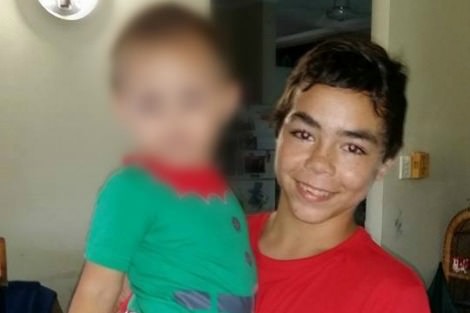
AUSTRALIA
- Kate Galloway
- 13 January 2017
4 Comments
The Minister has committed to improving youth detention facilities, the appointment of 100 more staff, and revision of Victoria's youth detention policy. But in doing so, she has sheeted home blame to the former government, and has accused lawyers for the children of pandering to ideology. The government's discourse continues the tough-on-crime narrative rather than acknowledging the causes and contexts of juvenile offending and the consequences of appalling facilities on the youth who are detained.
READ MORE 
-

AUSTRALIA
- Andrew Hamilton
- 16 December 2016
11 Comments
TS Eliot's 'Journey of the Magi' ends with the ambiguous line, 'I would be glad of another death'. If we set alongside one another the birth of a new and sour political order and the birth that is central to the first Christmas story, we are challenged to resolve the ambiguity. We may give up our hopes for a just and peaceful world, retire from it as gracefully as we can, and accept the victory of power and brutality. Or we can return to the Christmas story and to the hope that is central to it.
READ MORE 
-
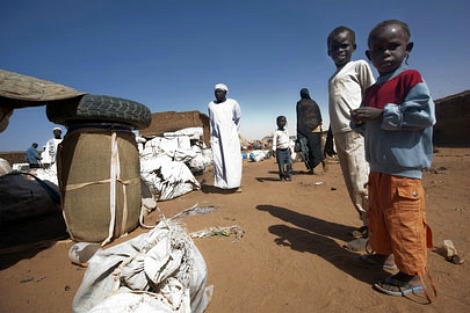
AUSTRALIA
- Andrew Hamilton
- 14 December 2016
7 Comments
This year International Migrants Day has called for children to be released from detention. It is appropriate that an event held in the shadow of Christmas should advocate for children. For they lie at the heart of Christmas. The insistence in the Gospel stories on the obligation to respect and nurture children is not exclusive to Christians. It is echoed in the attention to children and concern for their growth into responsible adults shared by other religions and cultures.
READ MORE 
-

ARTS AND CULTURE
- Marlene Marburg
- 05 December 2016
5 Comments
Please god of the fit and strong, forbid we should become 'the un-lucky country'. Help us to conjure the nerve to say, There is no room for you here in Australia. No vacancies. All full up. You will be turned away while you are trying to give your family respite from poverty or war. We have no room for you. We are using our space for shops. And Christmas trees.
READ MORE 
-

ARTS AND CULTURE
- Tim Kroenert
- 01 September 2016
There are hints of darkness behind the laughs. We learn Brent spent time in an institution some time after the original 'documentary' aired. He is shunned by his band members, who see themselves as reluctant employees rather than friends. What emerges is a rather affecting portrait of a man whose self-identity is at total odds with reality, and threatening to come crashing disastrously down.
READ MORE 
-

AUSTRALIA
- Shira Sebban
- 15 August 2016
14 Comments
Sobs rack his body. Under the Fast Track Assessment process being used to clear the backlog of protection claims, the nondescript official sitting opposite him, or one of his colleagues, will most likely be the one to decide his fate. 'Should you be found not to engage Australia's protection obligations, the government may share your biographical details with the authorities of your country of origin,' the official intones. 'If you give them information about me I will be killed,' comes the chilling reply.
READ MORE 
-
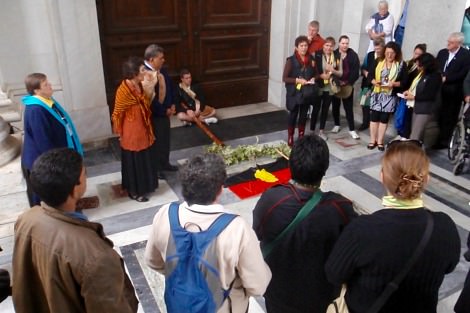
INTERNATIONAL
- Frank Brennan
- 27 July 2016
2 Comments
The violence at the pastoral frontier of the British colonies here in Australia was all pervasive. 228 years after it commenced, we are still experiencing the after-effects. When I started advocating Aboriginal rights here in Australia almost 40 years ago, the prevailing wisdom was that the missions and missionaries were all bad news. It will come as no surprise that I have always doubted that Aborigines were well rid of religion and the missionaries in all circumstances.
READ MORE
-
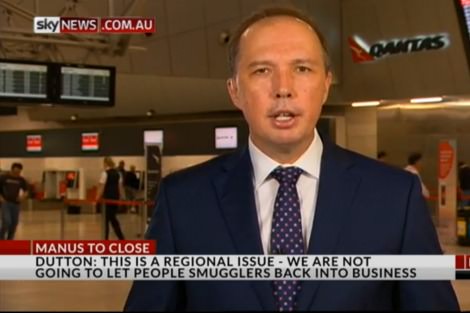
AUSTRALIA
- Kate Galloway
- 02 May 2016
23 Comments
I have often wondered at the likely success of entreaties to compassion for asylum seekers. This is not because I do not personally feel compassion for these people. And it is not because I do not believe that it is morally correct to show compassion, including through government policy. Rather my response is partly a factor of my training as a lawyer. Through my legal eyes, I can see little hope for appeals to politicians to show compassion. My conditioned response instead is to appeal to law.
READ MORE 
-
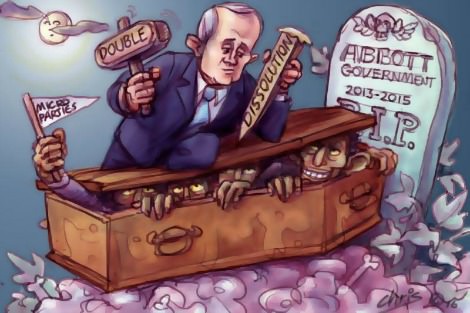
AUSTRALIA
- John Warhurst
- 24 March 2016
4 Comments
Media reaction to Malcolm Turnbull's decision to recall Parliament on 18 April was remarkably glowing. The move was acclaimed as a masterstroke and his decisiveness applauded. However the path Turnbull has laid out and the roadblocks that still remain is actually more complex. His plan may be too clever by half, and reflects a misreading of the nature of modern Liberal factional politics. His internal conservative party opponents are cultural warriors, not old-style economic advocates.
READ MORE 
-
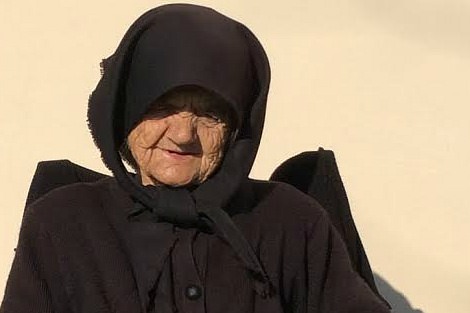
ARTS AND CULTURE
- Gillian Bouras
- 16 March 2016
9 Comments
It was a bright winter's day when we visited Iphigenia. Long widowed, she was meticulously turned out in black traditional outfit. Iphigenia is not sure how old she is; she thinks she is 86. Anglophones regularly make a hash of this beautiful name, the correct pronunciation of which is Ifeeyainya. But the ones I know are intrigued by the mythological character, who was ill-fated, to say the least. I soon learned that there had also been ample sorrow and trauma in the life of the modern Iphigenia, too.
READ MORE 